What exactly is kombucha and what important ingredients are formed in the drink during fermentation? All health effects of the soft drink Kombucha at a glance. How exactly does fermentation work with batch liquid in the fermentation vessel? It's that easy to start brewing right at home with a guaranteed success and our recipes .

What is kombucha?
Kombucha is a fermented drink made with the help of a culture (tea mushroom). The so-called tea fungus consists of various microorganisms, bacteria and yeast cultures. It turns tea and sugar into a healthy refreshing drink. During the fermentation process, bacterial cultures and yeasts metabolize the sweetened tea into valuable vitamins, organic acids, dextrorotatory lactic acid bacteria and enzymes, among other things. This creates the unmistakable sweet and sour taste and sparkling natural carbon dioxide. The fermented drink has a long tradition. Hundreds of years ago, Kombucha was valued in Asia and Eastern Europe for its healthy effects as an elixir of life and a source of health .
SPLITZUM SHOP, /collections/kombuchaENDSPLIT
The ingredients in kombucha
The word fermentation is derived from the Latin word fermentation. To put it simply, it is a process in which biological material is converted by microorganisms and their enzymes. During the production of kombucha, a wide variety of ingredients can be created with the help of a tea mushroom/scoby (kombucha culture). These can differ in number and composition. Just like every tea mushroom is structured a little differently. The sweetened tea only serves as a source of nutrients for the complex kombucha culture and its microorganisms. At the end of the process there is only a small amount of sugar left. With us, at 3 g per 100 ml, this is around 40% less sugar than other kombucha manufacturers. Gluconic acid, which is responsible for the typically sour kombucha taste, is also produced in the meantime. For example, gluconic acid is broken down into butyrate in the large intestine. Butyrate, in turn, is said to counteract the development of colon cancer.

The most important facts about the Kombucha mushroom
All ingredients at a glance
| bacterial and yeast strains | Acetobacter xylinum, Acetobacter oxydans, Gluconobacter oxydans, Gluconobacter xylinus, Saccharomyces apiculatus, Saccharomyces cerevisiae (baker's yeast), Saccharomyces ludwigii, Schizosaccharomyces pombe |
| vitamins | Vitamin B1, B2, B3, B6, B12, Vitamin C, Vitamin D, Vitamin E, Vitamin K, Folic Acid |
| Organic acids | Malic acid, succinic acid, acetic acid, folic acid, glucuronic acid, gluconic acid, malonic acid, lactic acid, dextrorotatory (L+) lactic acid, oxalic acid, usnic acid, citric acid |
| trace elements and minerals | Iron, Magnesium, Sodium, Potassium, Calcium, Cobalt, Zinc |
| Secondary plant substances | Flavones, isoflavonoids, polyphenols |
| enzymes, amino acids and tannins | including 14 different amino acids |
Of course, these nutrients are only contained in unpasteurized and unfiltered kombucha . Therefore, always pay attention to the wording “ raw” or “uncooked” in the supermarket. Some kombucha manufacturers heat their drinks, killing off all the important ingredients. You can recognize these because they do not require refrigeration.
INJECT_FEATURED_PRODUCT

The effect: How healthy is kombucha?
If you take a closer look at your diet, sometimes it's just small adjustments that can help us to reduce nutrient or vitamin deficiencies. Fermented drinks can also be such an adjusting screw for you. Just like teas, a great gift from nature. Similar to water kefir, kombucha is a superfood with a tradition for drinking . The live kombucha cultures can support digestion and healthy intestinal flora. Organic acids and lactic acid bacteria can help keep the acid balance in the intestine in balance. You can find other positive properties the fermented kombucha drink can have and other important information about the effects of the fermented drink here.
Positive effects of kombucha
Our Kombucha can help you to support your intestines. With the different cultures present in Kombucha, good bacteria can be multiplied in the intestine. A large part of our immune system lies in the microbiome. An active and healthy intestine also stands for a strong immune system. In addition, various valuable vitamins, organic acids and trace elements can be produced during fermentation. With regular consumption, you can improve your general well-being and replenish your energy stores. In addition, our Raw Mate variety, for example, keeps you gently awake thanks to tea.
How exactly does kombucha work?
People have been fermenting foods (e.g. kefir, kimchi, sauerkraut) since time immemorial. Above all, the lactic acid bacteria contained support digestion and strengthen the intestines. The effect of cultures and bacteria can be very individual and diverse at the same time. Just like a Scoby can look different. The type of tea used, the room temperature, the water quality, the fermentation time, the starter liquid and the amount of sugar influence the "fungus" during the production of Kombucha. The tea mushrooms are also affectionately called Scobys. In English, Scoby stands for Symbiotic Culture of Bacteria and Yeast. So a culture of different bacteria and yeasts. These live in a community and together manage to produce organic acids and other important ingredients.
Are there any unwanted side effects?
Just as every unpasteurized kombucha is a little different, every person reacts differently to the kombucha drink. Basically, there are no known risks associated with drinking. We recommend starting with one bottle per day and then listening very gently to your body. This way you will quickly notice how much is good for you every day. However, pregnant women and small children should avoid our favorite drink. A minimal amount of alcohol is produced during fermentation. Similar to an orange juice. In addition, people with histamine intolerance should avoid fermented foods completely.
Who is Kombucha suitable for?
The tea drink is suitable for anyone who wants to integrate a healthy drink into their everyday life. Especially people with intestinal problems and a weak immune system can support their body with a daily dose of the soft drink and beneficial lactic acid bacteria. A healthy intestine also largely supports the natural defenses. The fermented tea drink is also ideal for vegans who want to additionally replenish their nutrient stores. As described above, small children, pregnant women and people with histamine intolerance should avoid it.
SPLITZUM SHOP, /collections/kombuchaENDSPLIT
How to Kombucha – this is how you brew your own tea!
With a little patience, you can easily brew your new favorite drink at home with your own magic mushroom with four simple home remedies and our Raw Original. All you need is black tea, cane sugar, water and sour unpasteurized kombucha. A large glass and something to cover and the magic can begin. Can't wait to grow your own Scoby? In addition to kombucha recipes, here you will find important tips and tricks for making it in the fermentation vessel at home! Grow your own magic mushroom!
FAQs
Why is kombucha healthy?
Our bottlings have up to 50% less sugar than conventional soft drinks . Thanks to traditional fermentation without pasteurization with the miracle mushroom, each bottle contains live bacteria and yeast cultures. A variety of other ingredients are also created during fermentation. Fermented foods, like kombucha and water kefir, have been shown to support gut health.When should you drink kombucha?
First of all, it quenches thirst very well in every situation, especially after sport. In addition, the refreshing tea drink can support digestion after a heavy and greasy meal. It offers a healthy coffee substitute with little sugar content. It is also perfect as a healthy alcohol alternative to mix with other juices or ingredients.Who is Kombucha for?
For everyone who pays attention to a healthy diet and is looking for a refreshing, beneficial alternative to lemonades. want to support your body with important nutrients via fluids. people with intestinal problems . You can support your gut with fermented beverages. For vegans, athletes and even Paleo supporters. Everyone who doesn't feel like industrial, over-sugared mass-produced goods and is looking for a drink with comparatively little sugar content.Kombucha from the supermarket vs. making it yourself - which is better?
With a little space and patience, the tea drink can also be made in small quantities at home. As a fermentation beginner, however, unsatisfactory tastes can arise during the first attempts. The fermentation conditions are often not as hygienic and professional as those in a real factory. We ferment according to a tradition that is thousands of years old. Without any unnecessary pasteurization or filtering. This keeps the many important ingredients alive. However, there are also manufacturers where there is hardly any life left in the bottle. These products do not require refrigeration.
Is kombucha alkaline or acidic?
Similar to acidic fruits, kombucha is metabolized by our body in an alkaline way. The sour taste is a bit misleading. Our acid balance can be positively influenced with the help of Kombucha. Most people tend to be hyperacidic.How Much Sugar is in Kombucha?
This actually varies depending on the manufacturing method and the type of batch. Many kombucha manufacturers use significantly more sugar than we do. They prefer the sweet, lemonade-like taste. We use as much sugar as necessary and as little as possible. After all, an unnecessarily high amount of sugar is not really healthy either. That's currently 3 g per 100 ml. The sour note is a bit more dominant, but still super refreshing. Nevertheless, the growth of the kombucha fungus does not suffer as a result, because the fermentation time in the fermentation vessel is simply a little longer.
How many calories does kombucha have?
The calories vary depending on the ingredients and how the kombucha is made. In our bottled bottles the calorie values are comparatively low at 12 kcal per 100 ml in the drink. The more sugar, the more calories at the end of the fermentation process. Post-added juices with higher sugar content can also increase the calorie count.
What is a Scoby?
The tea mushroom or fungus, yeast fungus is also called Scoby. English for Symbiotic Culture of Bacteria and Yeast. So it's actually not a fungus at all, but a culture of different bacteria and yeasts. These live in a community and together manage to produce organic acids and other important ingredients. The scoby is also called the miracle mushroom or simply the mushroom, kombucha mushroom. It is usually kept at room temperature in a fermentation vessel with starter liquid and activated as needed to make the kombucha drink.
Which tea should I use for the first batch with my miracle mushroom?
To make your own kombucha drink at home, you should use black tea or green tea. The tea should be free of artificial flavors and ideally be organic. Otherwise, there is no guarantee of success for your kombucha approach. This is how the mushroom (kombucha mushroom, scoby, miracle mushroom) feels most comfortable.
How much alcohol is in Kombucha? What is the alcohol content of kombucha?
First of all, it is important to understand that the length and type of fermentation also affect the alcohol content in the kombucha. It can contain up to 3% alcohol. In fact, it is usually less. After 14 days of fermentation, the alcohol value is approximately 0.5 to 1 percent. Similar to an orange juice. Kombucha that has not been pasteurized and continues to ferment can therefore vary in alcohol content. According to German food law, a drink with a maximum of 0.5% alcohol can be described as “alcohol-free”.
Kombucha or kefir, which is healthier?
Water kefir and milk kefir have a shorter fermentation time in the fermentation vessel than kombucha drinks. The kefir grain used is a kind of clump made of lactic acid bacteria and yeast. Therefore, milk kefir and water kefir have a significantly higher residual sugar content. The average fermentation time for water kefir at room temperature is only 1-2 days. Of course, the drink has a higher guarantee of success when brewing it yourself at home. In the end, however, this makes kefir less attractive compared to kombucha, despite living yeast cultures. Kefir, on the other hand, has a lower caffeine content due to the lack of tea (black tea).
Use sugar with a lot of molasses or little molasses?
The molasses content of natural types of sugar, such as raw cane sugar, brown sugar and whole cane sugar, is higher than the molasses content of white, refined industrial sugar. Molasses contains valuable minerals and trace elements. These ensure that the tea fungus can grow much faster. A high proportion of molasses in the sugar can therefore help to ferment faster and more effectively and have a higher guarantee of success with your kombucha.
What basics do I need to make my own Kombucha?
- starter culture
- Kombucha Scoby
- Tea/teas
- Cotton cloth as a drape
- Clasp tensioner (rubber/band)
- Filtered water
- Sugar
- Glass fermentation vessel
SPLITZUM SHOP, /collections/kombuchaENDSPLIT

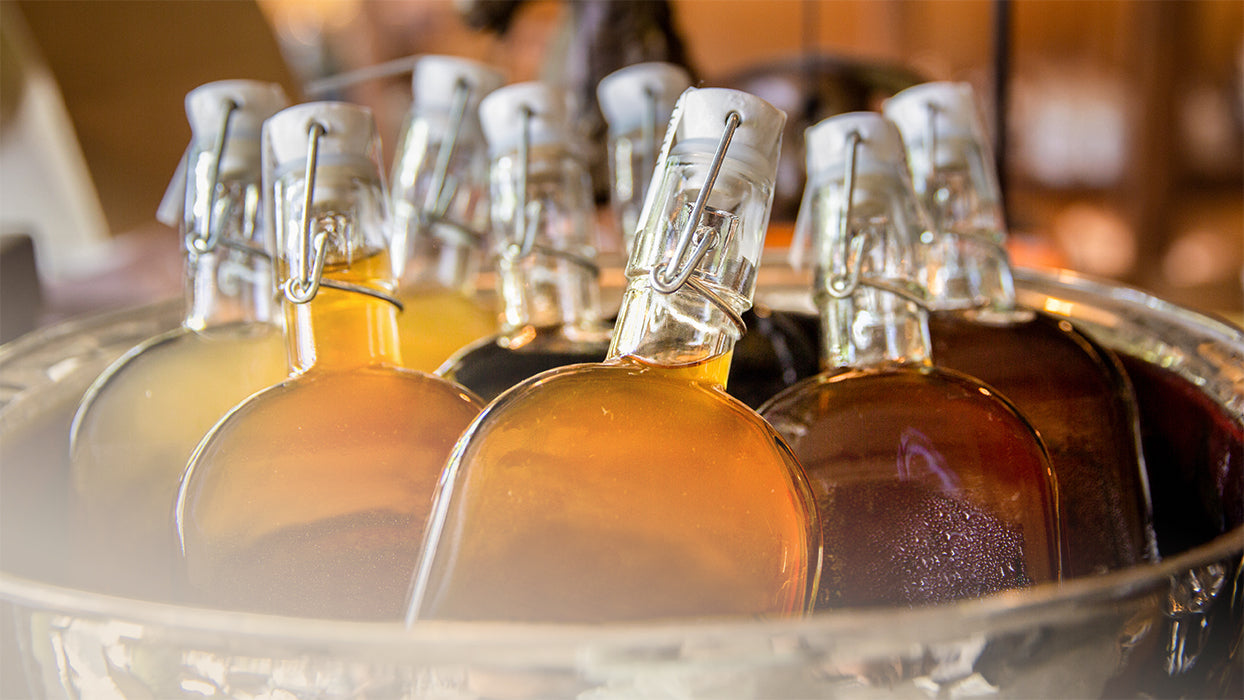




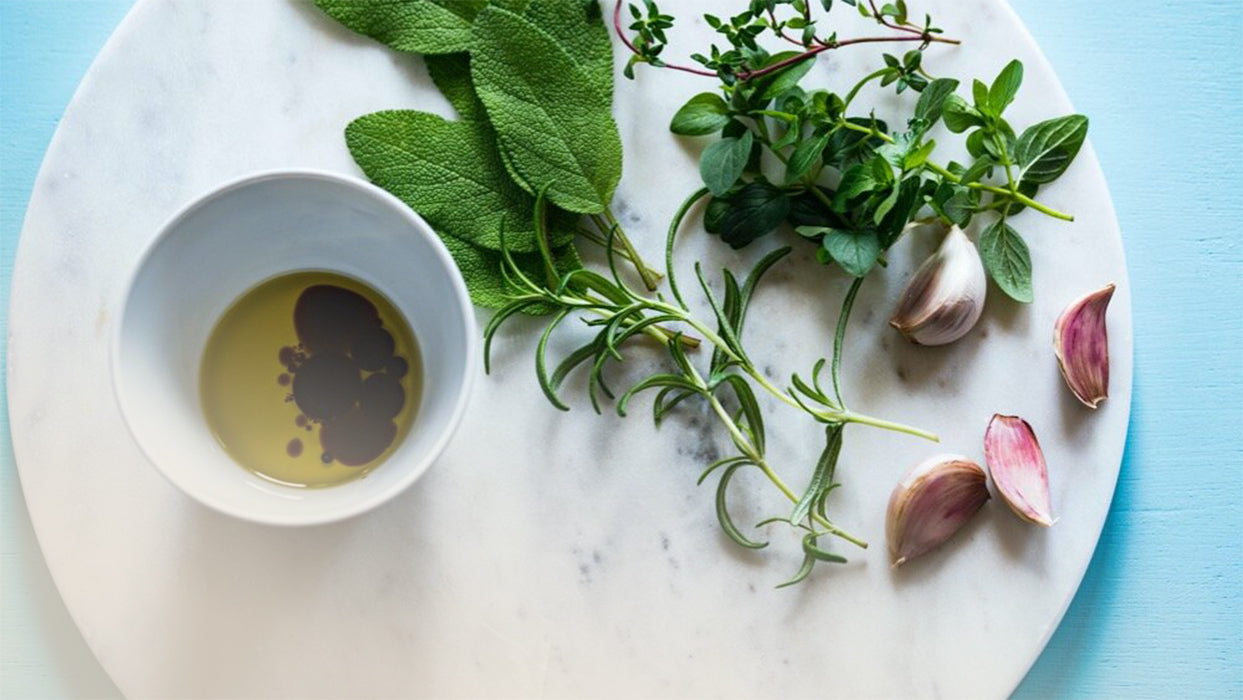

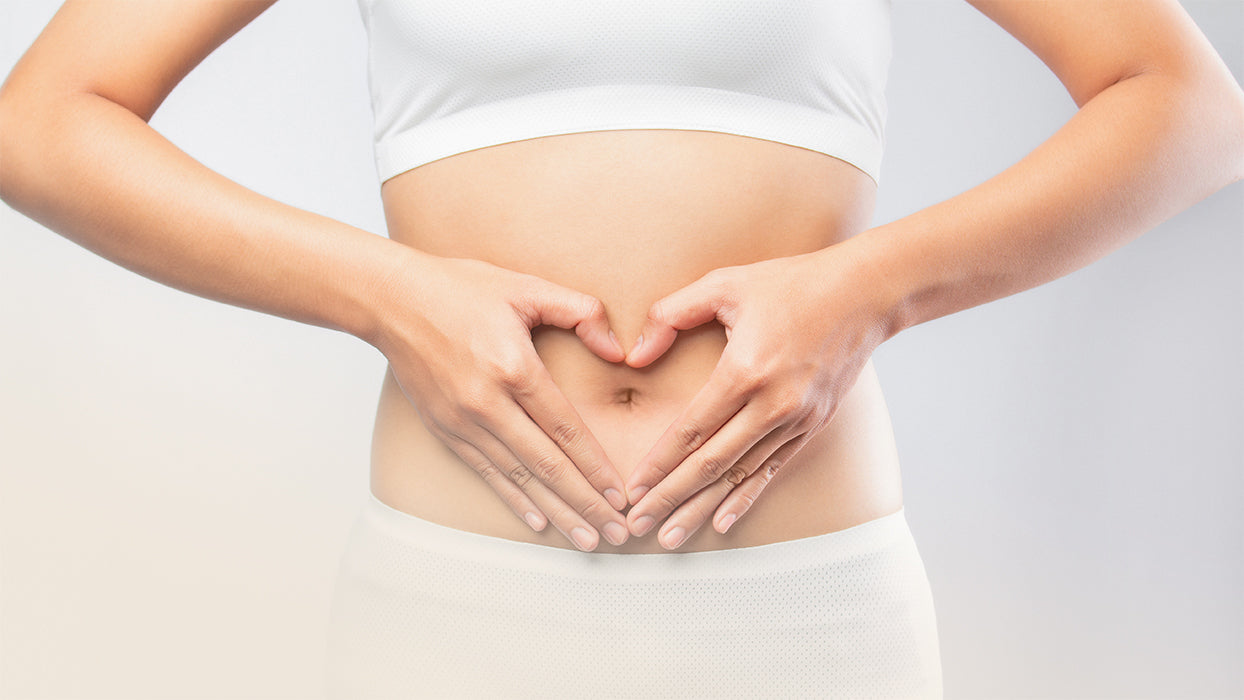
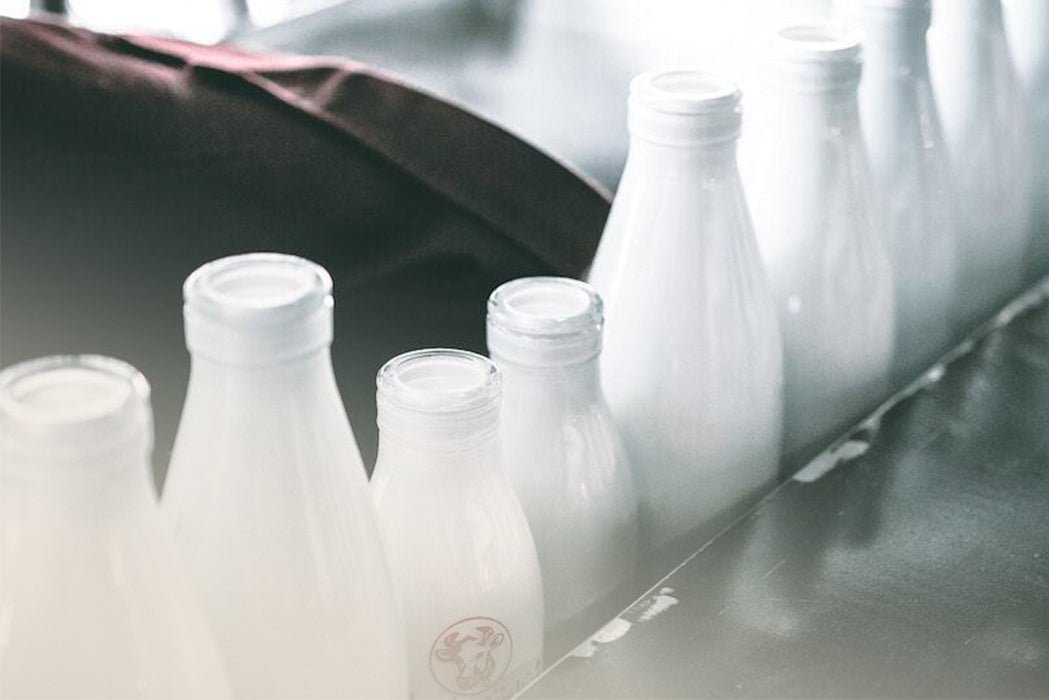
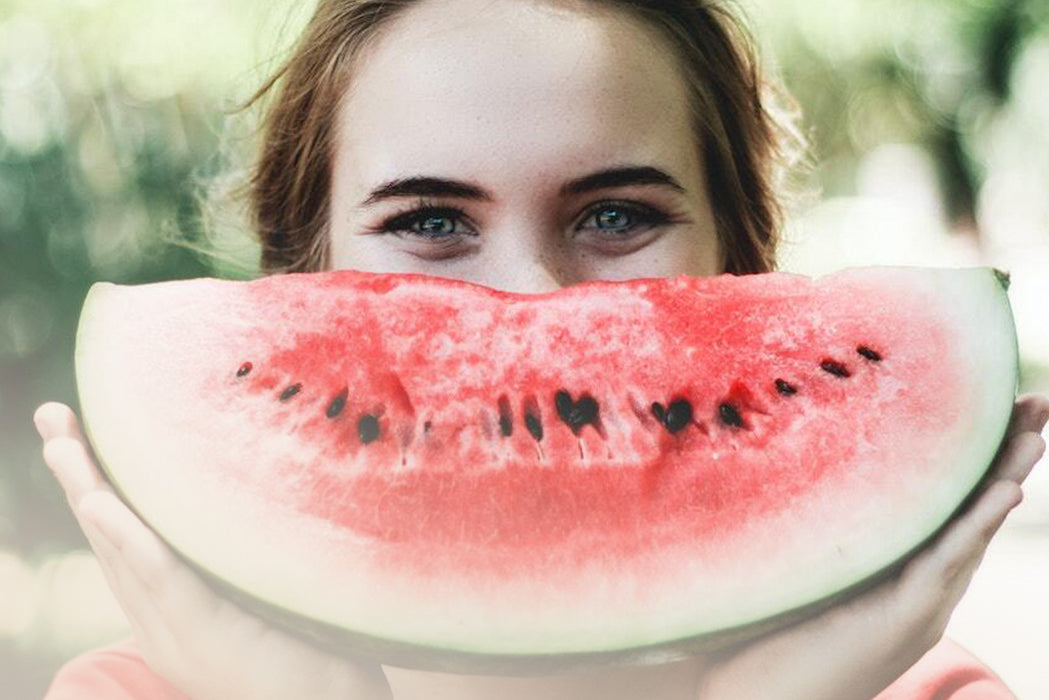
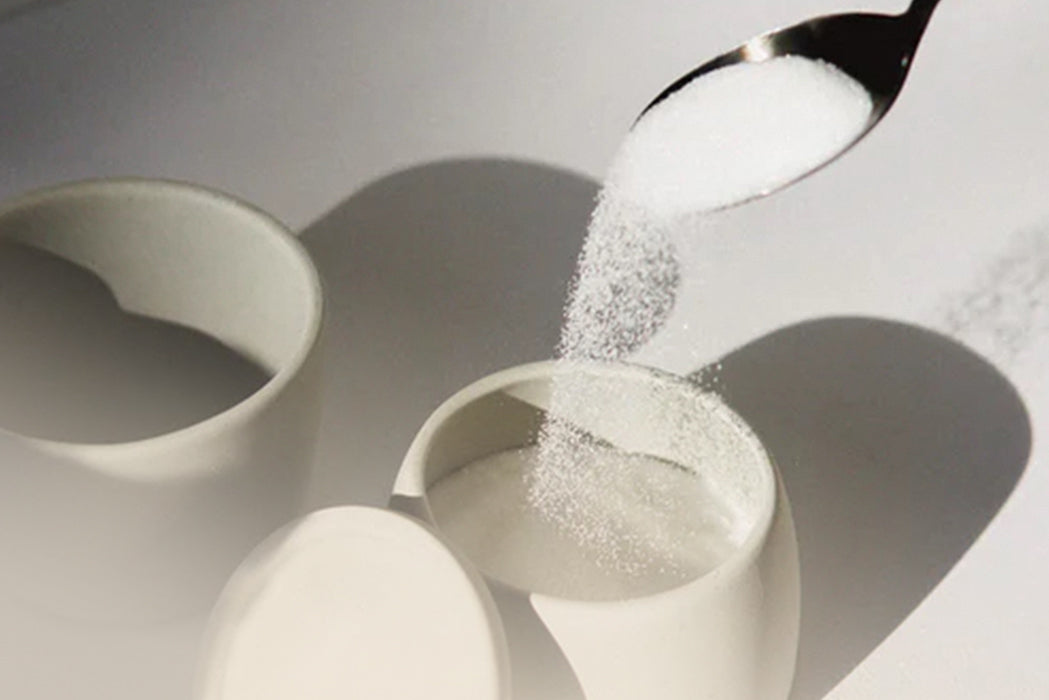
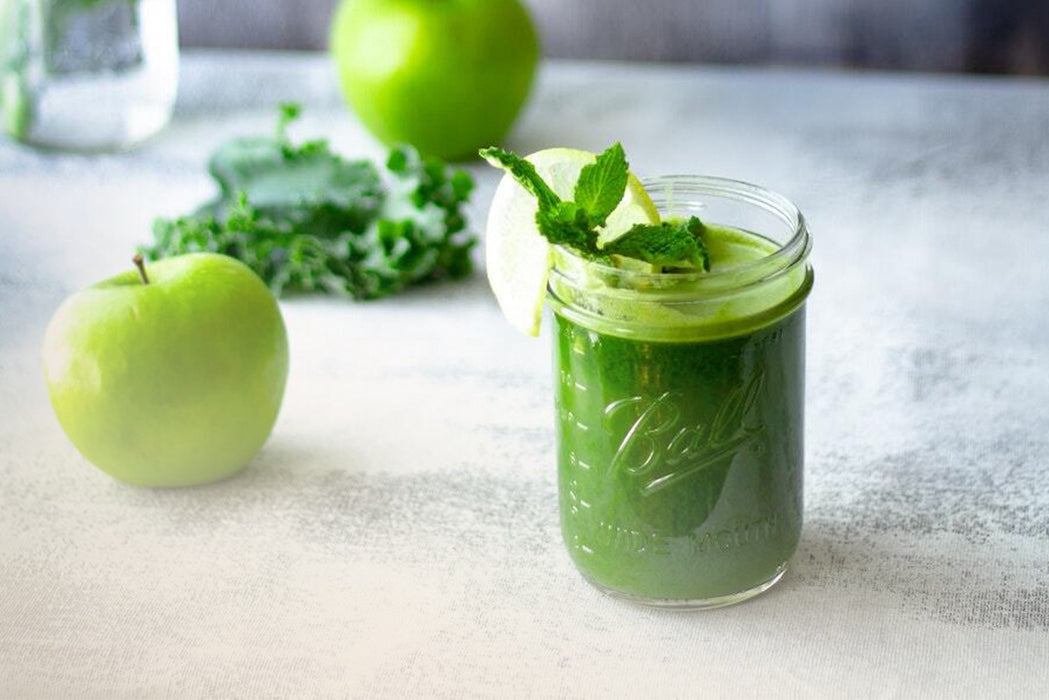

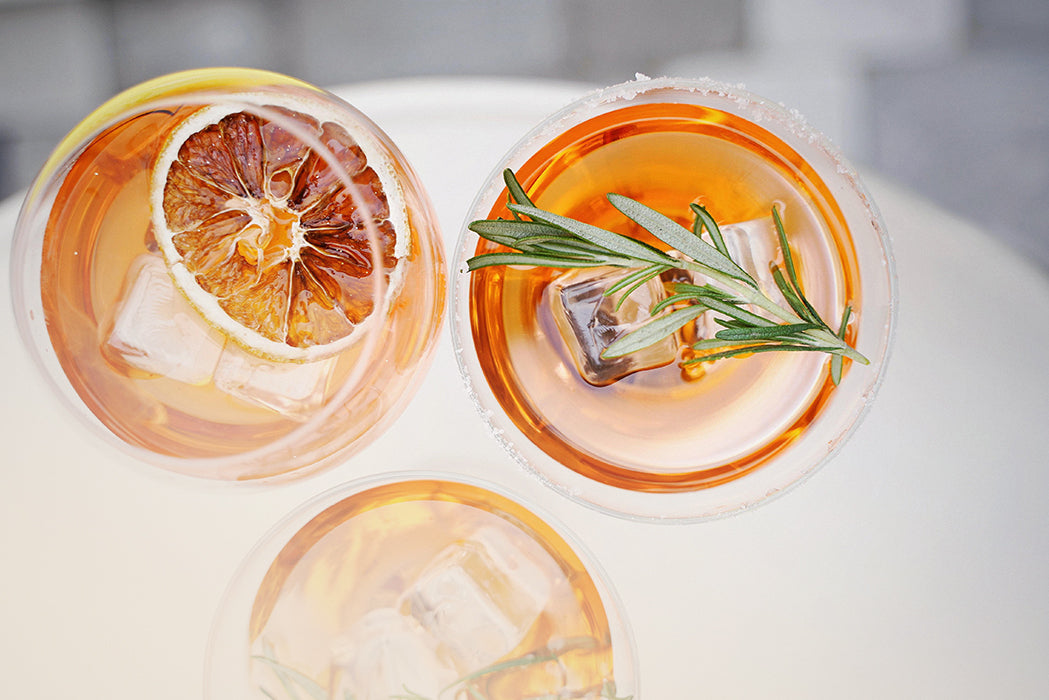
Teilen: